Filter by
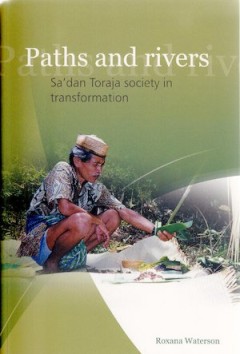
Paths and Rivers Sa'dan Toraja Society in Transformation
Fieldwork extending over a thirty-year period provided materials for this book. Paths and Rivers offers an unusually deep and broad picture of the Sa’dan Toraja as a society in dynamic transition over the course of the past century. The Toraja inhabit the mountainous highlands of South Sulawesi, Indonesia, and are well known for their dramatic architecture, their unusual cliff burials, and th…
- Edition
- -
- ISBN/ISSN
- 9789067183079
- Collation
- -
- Series Title
- -
- Call Number
- -

Ordinary Jerusalem, 1840-1940 Opening New Archives, Revisiting a Global City
In Ordinary Jerusalem, Angelos Dalachanis, Vincent Lemire and thirty-five scholars depict the ordinary history of an extraordinary global city in the late Ottoman and Mandate periods. Utilizing largely unknown archives, they revisit the holy city of three religions, which has often been defined solely as an eternal battlefield and studied exclusively through the prism of geopolitics and religio…
- Edition
- -
- ISBN/ISSN
- 9789004375741
- Collation
- -
- Series Title
- -
- Call Number
- -
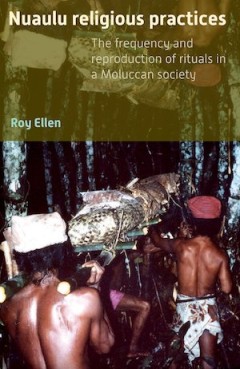
Nuaulu Religious Practices The Frequency and Reproduction of Rituals in Molu…
How religious practices are reproduced has become a major theoretical issue. This work examines data on Nuaulu ritual performances collected over a 30 year period, comparing different categories of event in terms of frequency and periodicity. It seeks to identify the influencing factors and the consequences for continuity. Such an approach enables a focus on related issues: variation in perform…
- Edition
- -
- ISBN/ISSN
- 9789067183918
- Collation
- -
- Series Title
- -
- Call Number
- -
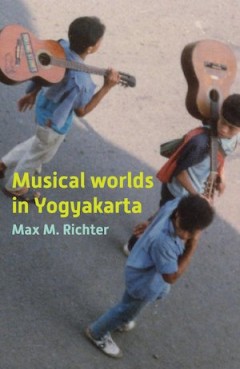
Musical Worlds in Yogyakarta
Musical worlds in Yogyakarta is an ethnographic account of a vibrant Indonesian city during the turbulent early post-Soeharto years. The book examines musical performance in public contexts ranging from the street and neighbourhood through to commercial venues and state environments such as Yogyakarta’s regional parliament, its military institutions, universities and the Sultan’s palace. It…
- Edition
- -
- ISBN/ISSN
- 9789067183901
- Collation
- -
- Series Title
- -
- Call Number
- -
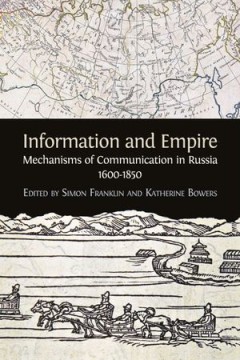
Information and Empire
"From the mid-sixteenth to the mid-nineteenth century Russia was transformed from a moderate-sized, land-locked principality into the largest empire on earth. How did systems of information and communication shape and reflect this extraordinary change? Information and Mechanisms of Communication in Russia, 1600-1850 brings together a range of contributions to shed some light on this complex que…
- Edition
- -
- ISBN/ISSN
- 9781783743759
- Collation
- -
- Series Title
- -
- Call Number
- -
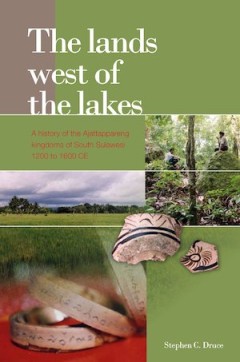
The lands west of the lakes A history of the Ajattappareng kingdoms of South…
The period 1200-1600 CE saw a radical transformation from simple chiefdoms to kingdoms (in archaeological terminology, complex chiefdoms) across lowland South Sulawesi, a region that lay outside the ‘classical’ Indicized parts of Southeast Asia. The rise of these kingdoms was stimulated and economically supported by trade in prestige goods with other parts of island Southeast Asia, yet the …
- Edition
- -
- ISBN/ISSN
- 9789067183314
- Collation
- -
- Series Title
- -
- Call Number
- -
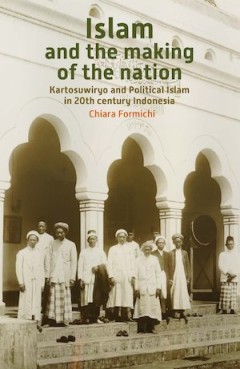
Islam and the Making of the Nation Kartosuwiryo and Political Islam in 20th …
Recently Kartsowiryo and the Darul Islam have become heroic symbols of the Islamist struggle. The author looks beyond the popular dichotomy between rebel and martyr and unveils a politician whose legacy has been shaping the role of Islam in Indonesian politics for over fifty years. She thereby offers an alternative view of Soekarno as the leader of the republic and his antagonism with the Islam…
- Edition
- -
- ISBN/ISSN
- 9789067183864
- Collation
- -
- Series Title
- -
- Call Number
- -
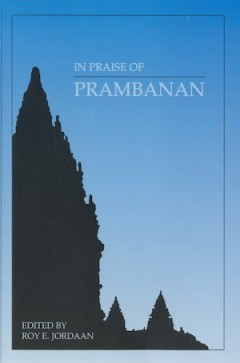
In Praise of Prambanan Dutch essays on the Loro Jonggrang temple complex
In praise of Prambanan is devoted to the Hindu-Javanese temple complex of Candi Prambanan, also known by its locally more popular name of Candi Loro Jonggrang. The book has two parts. Part One is a general introduction to the temple complex based on an examination of the existing scholarly literature. It offers a detailed state-of-the-art survey of publications on Candi Prambanan as well as of …
- Edition
- -
- ISBN/ISSN
- 9789004260429
- Collation
- -
- Series Title
- -
- Call Number
- -
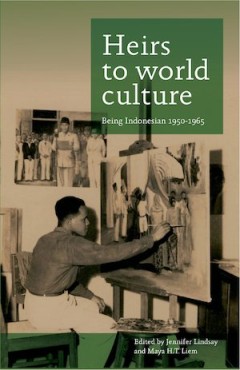
Heirs to World Culture Being Indonesian, 1950-1965
This volume brings together new scholarship by Indonesian and non-Indonesian scholars on Indonesia’s cultural history from 1950-1965. During the new nation’s first decade and a half, Indonesia’s links with the world and its sense of nationhood were vigorously negotiated on the cultural front. Indonesia used cultural networks of the time, including those of the Cold War, to announce itself…
- Edition
- -
- ISBN/ISSN
- 9789067183796
- Collation
- -
- Series Title
- -
- Call Number
- -
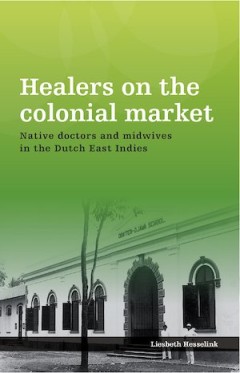
Healers on the Colonial Market Native Doctors and Midwives in the Dutch East…
Healers on the Colonial Market is one of the few studies on the Dutch East Indies from a postcolonial perspective. It provides an enthralling addition to research on both the history of the Dutch East Indies and the history of colonial medicine. This book will be of interest to historians, historians of science and medicine, and anthropologists. How successful were the two medical training prog…
- Edition
- -
- ISBN/ISSN
- 9789067183826
- Collation
- -
- Series Title
- -
- Call Number
- -
 Computer Science, Information & General Works
Computer Science, Information & General Works  Philosophy & Psychology
Philosophy & Psychology  Religion
Religion  Social Sciences
Social Sciences  Language
Language  Pure Science
Pure Science  Applied Sciences
Applied Sciences  Art & Recreation
Art & Recreation  Literature
Literature  History & Geography
History & Geography